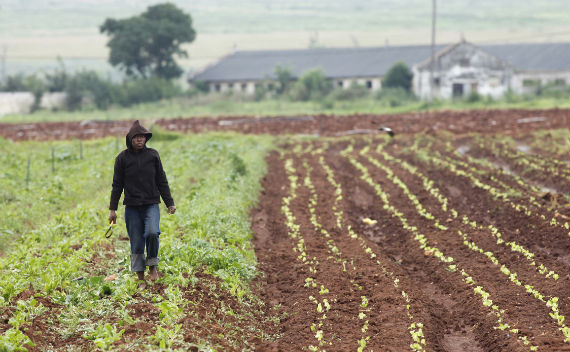Land and Politics in South Africa
More on:

The land distribution issue in South Africa appears to be heating up again. The government has recently announced that it will re-open a claims process that compensates black farmers removed from their land under white rule. Up to now, that process has only applied to claims after the 1913 Native Lands’ Act, which set aside 87 percent of the total land mass to whites.
While agriculture accounts for only 3 percent of the country’s current GDP, land distribution issues have always been politically salient in South Africa. For instance, in the past some within the South African Communist Party (SACP) were skeptical about agricultural land redistribution. Joe Slovo, a member of Nelson Mandela’s first cabinet, opposed the transformation of South Africa’s modern agricultural industry into one dominated by peasant proprietors. In fact, up to now, most successful claimants under the Commission on Restitution of Land Rights’ process have accepted monetary payments rather than land. However, recent radical statements of African National Congress (ANC) youth leader Julius Malema have further politicized the land issue.
The re-opening of the land claims process may also rattle agricultural investors, many of whom will be wary of the prospect of ‘land grabs.’ Certainly, it will rattle some of South Africa’s racial minorities who look over their shoulders at Robert Mugabe’s land redistribution in Zimbabwe.
More on:
 Online Store
Online Store